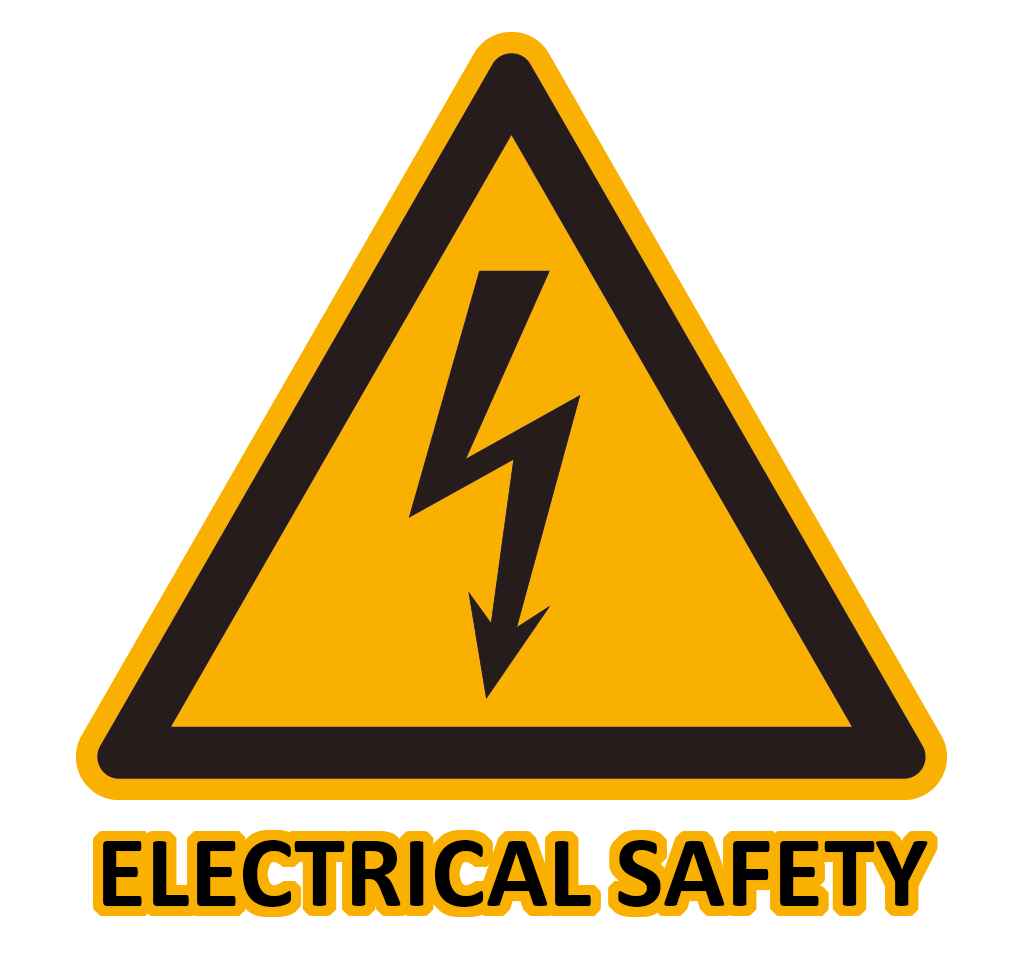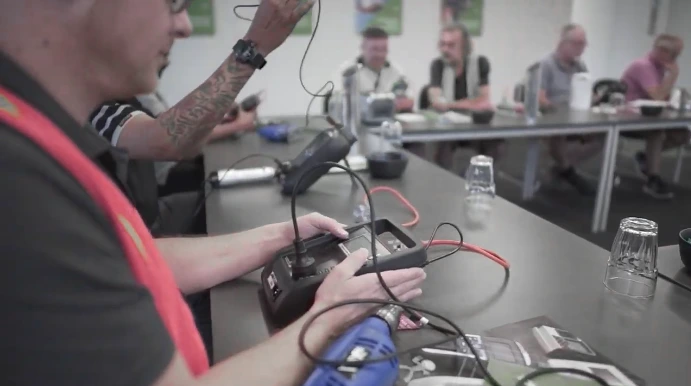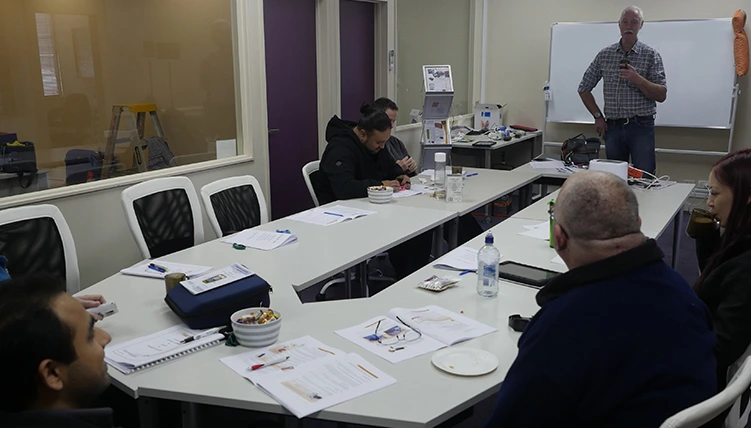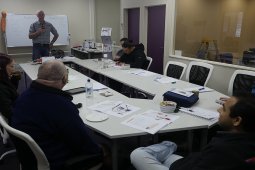
You may not know this but Metrotest’s online courses are continuing to improve and expand and we want to be the best in the industry. With that being said, most people don’t know that we now offer the AS/NZS3551 Online Medical Refresher training, which we launched several months ago. Metrotest is currently the only provider of Online Refresher training in regards to testing and tagging of medical equipment in accordance of the AS/NZS3551 in New Zealand and Australia.

What is the AS/NZS3551?
To put it simply, the AS/NZS3551: 2012 deals with compliance and outlines procedures required to develop equipment management for medical equipment and includes the electrical safety testing of medical equipment. Particularly, Metrotest’s AS/NZS3551: 2012 Refresher training deals with Appendix B of the standard. The main Standard that deals with in-service medical portable appliance testing is AS/NZS3551:2012.
What is in Metrotest’s AS/NZS3551 Online Refresher Course?
It’s important to note that Metrotest is the only provider to offer Online Refresher training for the AS/NZS3551 Standard and it is only for those who have previous attended and passed Metrotest’s initial AS/NZS3551 training. This course isn’t mandatory to test medical equipment but it is highly recommended for those who are carrying out medical testing, especially as medical equipment tested incorrectly can lead to very serious consequences. During the course trainees review Class I and Class II testing, Applied Parts, how electricity causes harm in relation to medical equipment, specific electrical tests in relation to the AS/NZS3551 and legislation requirements and so much more.
Who should be trained to perform medical testing in accordance to the AS/NZS3551:2012?
AS/NZ 3551: 2012 should be used for those who work in medical environments but isn’t necessarily just those working in medical centres or hospitals. It can also be for those who are around any medical equipment like medical beds or hoists used in medical/rehab environments or even medical hire events.
I’m interested in testing medical equipment; how do I sign up for initial training?
That’s easy, Metrotest periodically runs medical AS/NZS3551 training throughout the year. Just give us a call and we can book you on our next available course.
If you have already done your initial training and are after Refresher training then get in touch with us. We do have it on our website but because of the nature of the course not just anyone can access it so be sure to let us know if you are interested.
What about the course itself, how does it work?
Well, like other Metrotest online courses, simply sign into your account and add the AS/NZS3551 training to your cart for purchase. Once you have done this our team will review your order and if you have done your initial AS/NZS3551 training you will be granted access to our online refresher course. The course can take several hours to complete with an optional practical one-on-one Zoom assessment at the end of the course. Once you have worked through each lesson and completed your final exam you will be awarded a certificate and issued a special AS/NZS3551 photo ID card.
Then your set is ready to continue to test medical equipment according to the AS/NZS3551 standard in accordance with Appendix B. If you would like more information regarding our 3551 Refresher training be sure to get in contact with us today at 0800 638768 or 1800789973.
Safe testing everyone!




 Electrical Licence Providers
Electrical Licence Providers
 Currently, Metrotest serves the following locations across New Zealand:
Currently, Metrotest serves the following locations across New Zealand:





